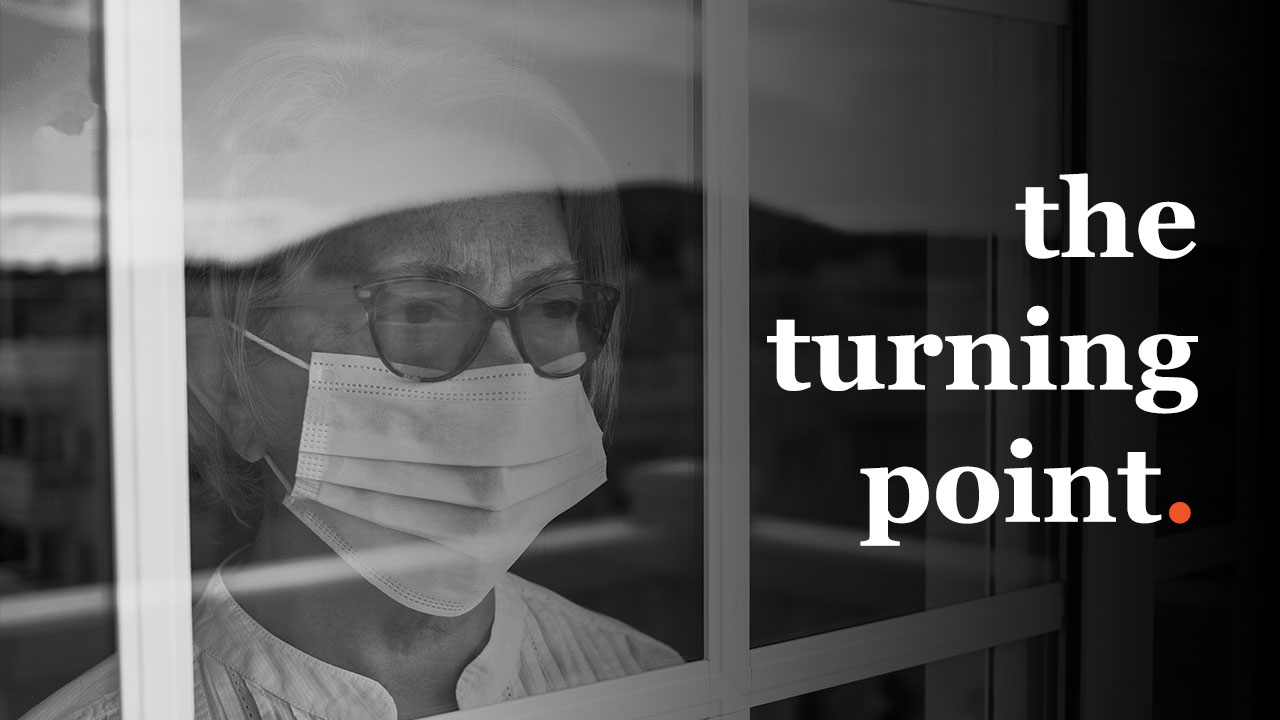
The Covid-19 pandemic was terrifying, justifiably so. A disease that was previously unheard of in 2019 became the third leading cause of death in 2020. As of today, more than 780,000 Americans died—more than 780,000 mothers, fathers, aunts, grandfathers, lovers, sisters, and friends. The disease, transmitted through a respiratory virus, has evoked horror movie tropes—we never knew whether we were close to someone who was infected, or even whether we ourselves might be infected, spreading the disease to others.
In 2020, we became afraid quickly, changing how we live in ways that were previously unimaginable over the course of a few short weeks. We kept our distance from others, shifted workplace patterns that had characterized our whole lives, started wearing masks in public spaces, changed or canceled our travel plans, changed our minds about eating in restaurants. Fear of illness and death became a key predictor in our willingness to take measures to slow the spread of Covid-19. Fear was useful—it kept us safe, it saved lives—and gave public health messages their emotional appeal. The opposite of fear was not fearlessness, it was carelessness, which wore the covering of an opposing fear, the loss of personal autonomy, as many complained about quarantines and government mandates.
Fear for our health was tolerable when we saw it as temporary, when we were looking forward to Covid-19 being over, and we could simply undo the new ways of living so that we could go back to living the way we used to live in 2019. Some were afraid we would open too quickly, but that took away hope. It became clearer throughout 2021 as communities became vaccinated that the health risks from Covid-19 were never going to be completely over; new variants would come along, elimination of the virus was unlikely. SARS-CoV-2 was going to always be with us, at some baseline level, as we relearned the etiquette of being together, of handshakes, of hugs, while some risk remained for those who were unvaccinated, or those whose immunity waned.
Thanks to effective vaccines, the question has become: How do we mitigate fear in face of improvements? We have had to learn how to stop being afraid, or at least to live with our fear.
We have slowly lurched towards that learning. More and more of us are emerging into public spaces. Social distancing has largely been dropped, as has mask wearing outdoors. We will try to identify and maintain some elements of the Covid-19 pandemic years to protect those who may be most vulnerable, while allowing life to resume, with human contact an ineluctable element of living. The undoing of fear involves our recalculation of risk and benefit.
Over the course of 2022, the process of becoming unafraid will unfold. What is clear is that becoming afraid happened much faster than losing that fear. Battling our fear will be our narrative of success.
Warmly,
Michael Stein & Sandro Galea
As we re-emerge from the pandemic, 2021 stands to be a turning point year for public health. In The Turning Point’s weekly essays, we reflect on what we learned during 2020, and what we are learning during 2021, that can guide us to the creation of a better, healthier world.
Photo via Getty Images








